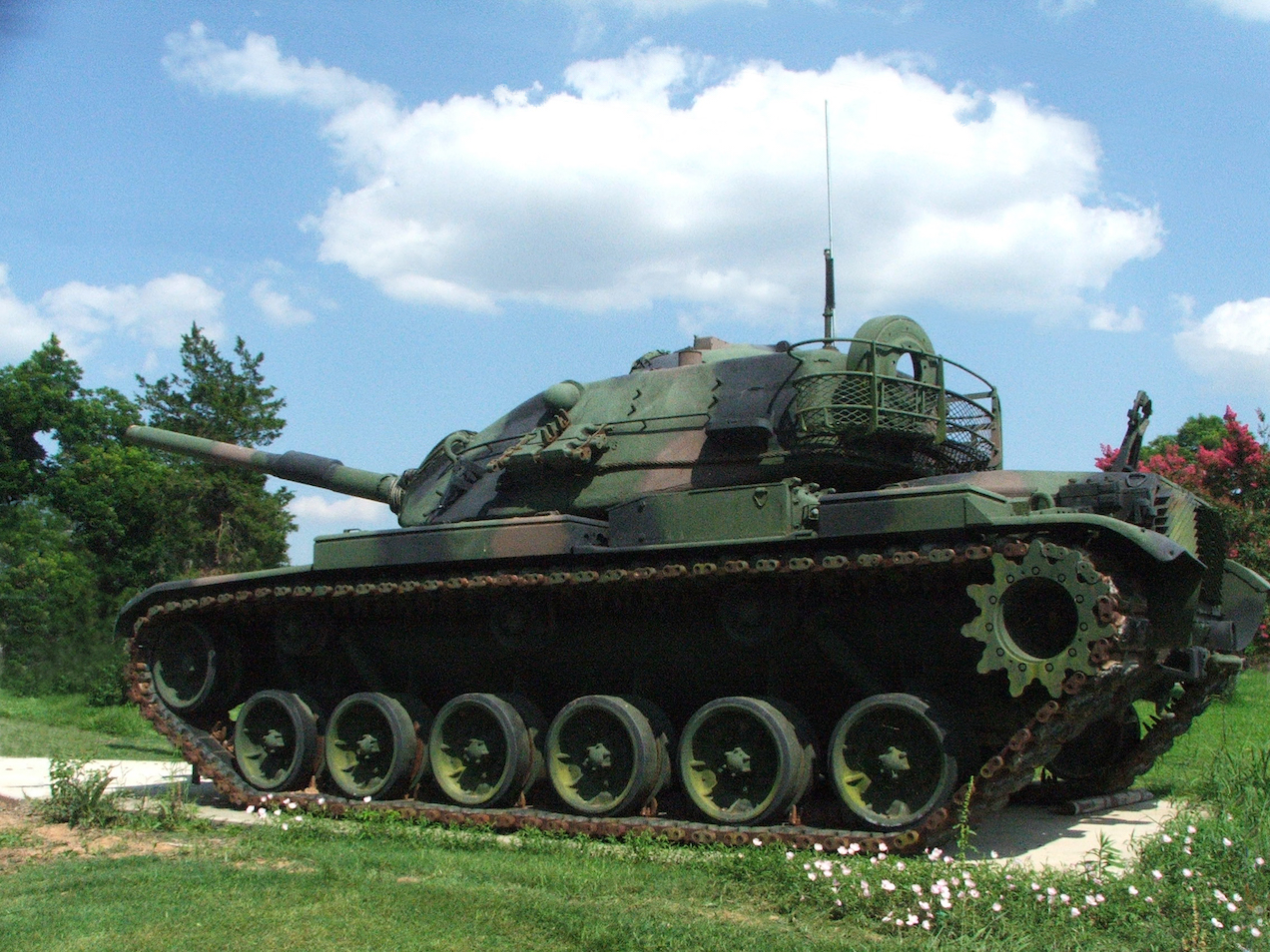Hacksaw Ridge boasts great acting from its lead, smart, tense battle staging, and better than average (for its genre) cinematography — all of which it nearly squanders thanks to its glamorization of war.
There are little to no paragraph breaks, because this is a rant as much as it is a review.
The first half of the film covers the time before Desmond Doss (Andrew Garfield) joins the army, and later during basic training. This half contains the depth and complexity of a child’s bedtime story. Flashbacks to when Desmond and his brother play as children actually look and feel like the most basic, fairytale, classic of American images (the brothers race and play on rocks, in the river, in the grass, all with their wet jeans rolled up to their knees; they depict Desmond as one who never hurts and always helps [foreshadowing??? character building?????], traits and beliefs cemented when Desmond hits and almost kills his brother while they’re fighting, turning this section into — whaaaaaat? — a parable that then directs Desmond towards a life of peace) and all the supporting characters are the most stereotypical archetypes in the war genre (the drunk father who’s seen it all before, the privates who don’t “get” Desmond’s way of life and therefore beat him and bully him, the ones who mediate [who are probably Italian ‘easy goin’ guys, ya know?], the intimidating drill sergeant). There are many good actors in this movie, and yet only the lead reads convincingly, so I don’t believe the fault lies with them, it lies with Mel Gibson, the director, who without a doubt cares more about the horror-honour dynamic of war, with Desmond’s struggle to participate in a war, and with keeping his characters purely as symbols that either support or negate the film’s theme than with the richness of the story itself (if stories can be rich, they must have the capacity to be poor, like this one — maybe it also begs — maybe for well-developed plot?)
I have read multiple reviews that take the same stance: “Hacksaw Ridge is the most original war movie since Saving Private Ryan.” Do these critics forget The Hurt Locker? Zero Dark Thirty? Inglorious Basterds? Atonement? Oh, they mean “true” war film, a film that depicts full-on, staged battles, and ones that take place almost exclusively in war zones. So they must forget Letters From Iwa Jima, Flags of Our Fathers, Fury, and Jarhead.
What a shame they don’t remember these movies! They’re so good!
The second half of Hacksaw Ridge takes place at Hacksaw Ridge, an Axis stronghold in Japan. There is one shot, when the Allied soldiers climb up a rock face and reach its top only to find themselves thrust into the thick, hellish atmosphere battle that is a bright (almost blinding) spot of creativity in an otherwise pitch black (as in, “nothing to see here”) film. When I came to this shot in the movie it was like I’d been starved of anything inventive, and I clung to it as long as possible, until purely expositional dialogue and full minutes of slow motion war tore down my defences and left me bored to death.
You want to see a good Andrew Garfield movie that not only also takes place in Japan, two hundred years before the events at Hacksaw Ridge, but also considers religion and its place in a violent era? See Martin Scorsese’s Silence, which deserves all the praise and Oscar spots Hacksaw continues to garner. That Gibson is nominated as best director and Scorsese is not is a travesty that only, ironically, history might remember as such. This snub is a more original story than the one that makes up Hacksaw.
Oh right, I forgot to point out the women in the movie — well, so nearly did the movie itself.
You might argue this last comment is unfair, and that the movie is about the men at war and not the women at home. Okay, but if that’s the case then why does Desmond need a girlfriend / wife at all? If zero of the focus is on the home front (and it’s not zero, based on the first half of the film), exclude the character. If you write a female character into the movie, develop her — develop someone. Just someone. Pick one.
Even consider this — not even the main protagonist develops in this movie. He goes into the war with his beliefs and sacrifices none of them. I commend the real Desmond Doss for everything he did, but most of his development as a fictional movie character happens not on the battlefield but early in his life when he nearly kills his brother and changes his beliefs.
The movie is all over the place.
Image courtesy of ronnieb on Morguefile.






